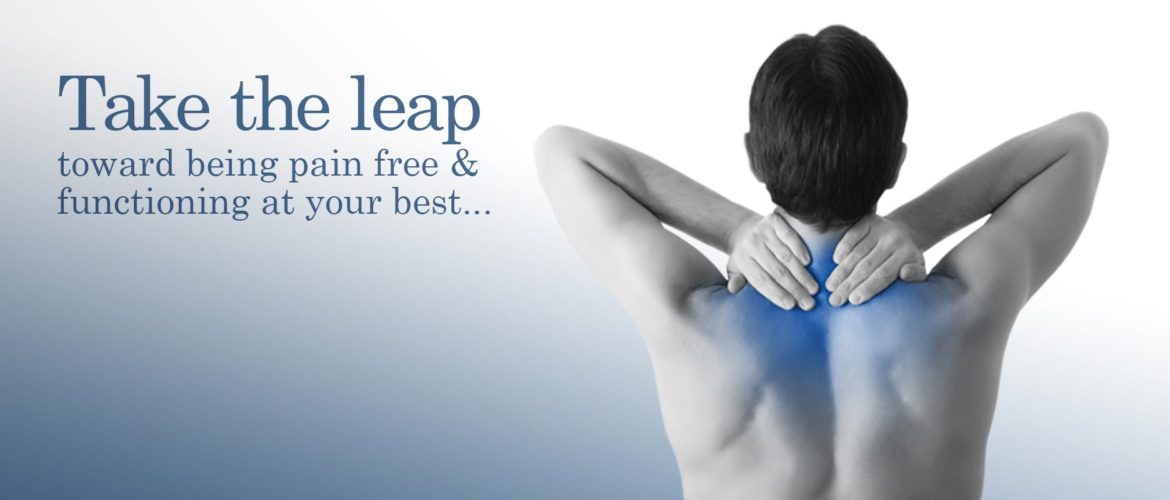Rotator Cuff Tears
Rotator cuff tears are something that our Physiotherapists commonly treat at Leap Health. This blog post aims to give you an overview of this condition and answers to questions we are often asked.
What is the rotator cuff?
A group of four muscles that originate from the scapula and attach into the head of the humerus. Internally and externally rotating the shoulder joint, they also act as stabilisers to one of the most mobile joints in the body!
What are common risk factors in developing a tear?
A combination of factors can lead to symptomatic rotator cuff pain;
- Certain manual jobs or sports can increase chances of developing cuff tears, especially repeated overhead movements
- Injury risk also increases with age
- Anatomical differences in bone structure
- There is also some genetic predisposition to developing a rotator cuff injury
- Long term steroid use and systemic inflammation may also play a role
Signs and symptoms
Pain in the shoulder that may have slowly worsened over time, or be associated with a mechanical injury (such as falling on an outstretched hand).
Pain often radiates down the outside of the upper arm.
You may find it difficult to perform daily tasks such as washing your hair, doing up a bra, reaching to a shelf above shoulder height.
A tear to the rotator cuff usually causes not only pain and weakness, but also a loss of active stability of the joint. Luckily we have many other muscles attached to the scapula to lend a helping hand – 17 in total!
Will it go away without treatment?
Many people, after an initial few weeks of pain and decreased function, manage their shoulder injury without requiring treatment. We often find that people may be putting up with a loss of movement, which with physiotherapy treatment can be improved.
Imaging studies 1 year post injury have shown that the tendon tear will either stay the same, increase or decrease in size. Interestingly tear size is not correlated with how well you complete your tasks of daily living.
Avoiding aggravating movements is a good idea, although complete rest and inactivity can result in unnecessary shoulder weakness. A physiotherapist can help you find the right balance on what to do.
Should I get a scan? What about surgery?
Imaging such as a diagnostic ultrasound or MRI can help us to visualise a tear, though our physiotherapists can confidently assess and treat your shoulder pain thoroughly enough without requiring imaging. Imaging does not correlate well with pain, as pain does not always = tissue damage! There may be other contributing factors to your pain that do not show up on imaging. See our past post on imaging for more information.
Evidence is growing that outcomes for surgical vs. non-surgical treatments of rotator cuff tears are on par, so going under the knife is to be carefully considered. Surgical review is recommended for the sporting population or a young adult. Working closely with your doctor, a physiotherapist will consider your particular injury and lifestyle when discussing treatment with you.
What else can a Physiotherapist offer me?
We will identify contributing factors, and consider other related joints that may be prolonging pain (e.g. a tight neck, stiff upper back).
A variety of treatment modalities that can offer instant pain relief involve soft tissue techniques (massage, stretching, cupping), joint mobilisation, dry needling, therapeutic ultrasound, strapping, heat or ice. Once we determine how to reduce your pain, we will give you advice on how to continue these treatments at home.
Shoulder girdle exercises also form the basis of self treatment, and will help speed up your recovery. Exercise prescription is tailored to your current pain, function and lifestyle. We also consider your goals, whether it is getting back to painting, bowls, or picking up the grandchildren.

Seek Treatment
If you would like help and guidance in managing your shoulder pain, call to book an assessment with one of our physiotherapists. We have five practice locations across Hobart.

